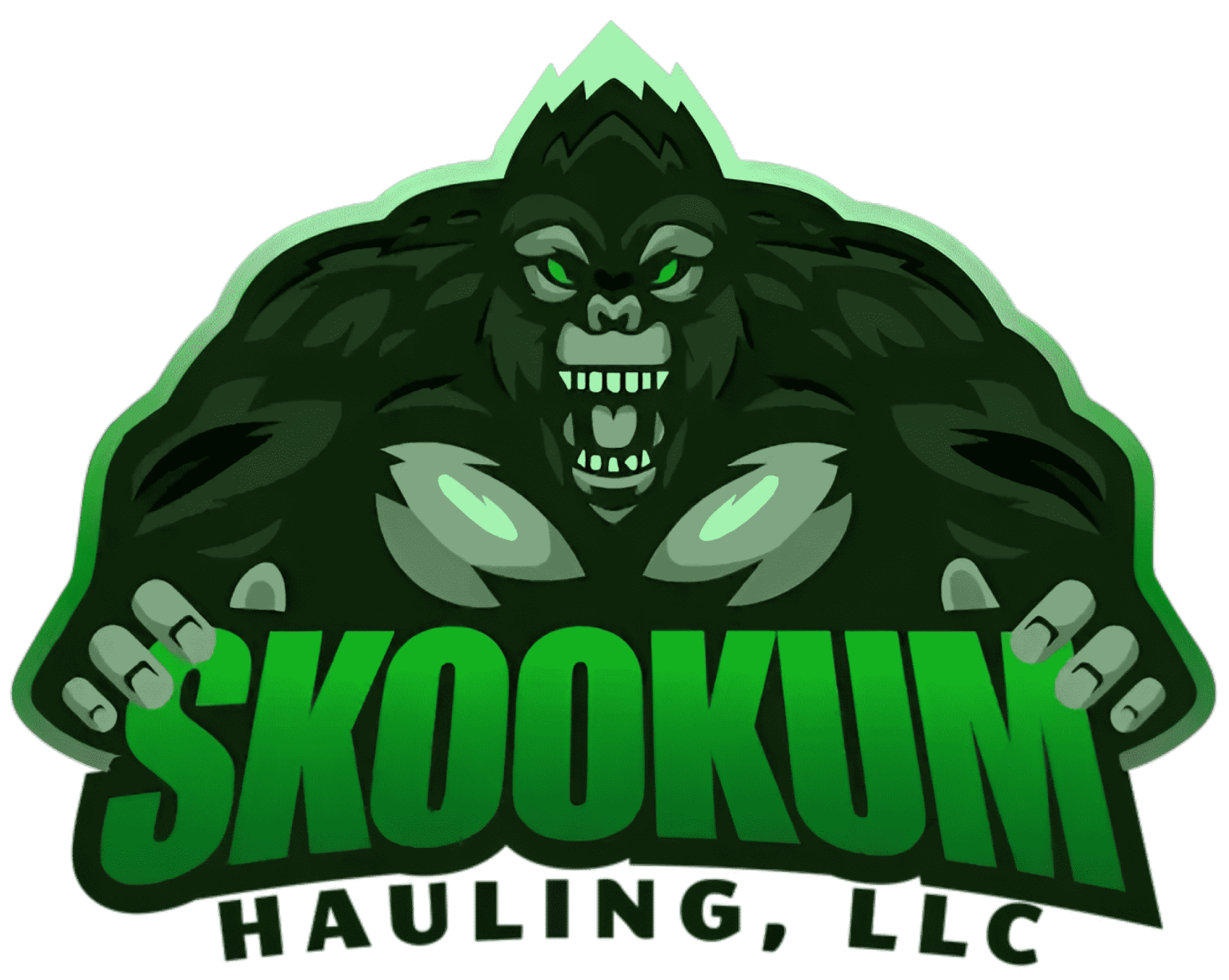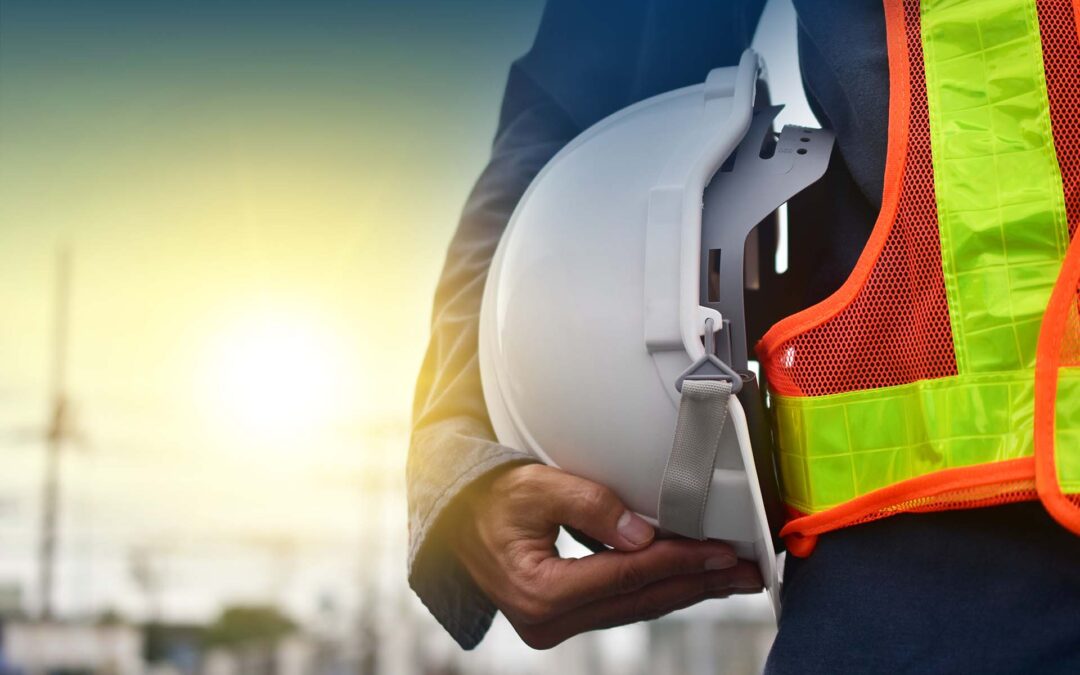A successful construction project is built on a foundation of safety and efficiency. A clean, organized worksite is not just about appearances; it’s a critical component of a safe and productive environment. Debris, improperly stored materials, and a lack of clear protocols can lead to serious accidents, costly delays, and a negative reputation.
By prioritizing safety and cleanliness from the ground up, you can ensure your project runs smoothly, stays on schedule, and, most importantly, that every member of your team goes home safe at the end of the day. Here are seven essential keys to maintaining a safe and clean construction project.
1. Start with a Site-Specific Safety Plan
Before any work begins, a comprehensive and site-specific safety plan is non-negotiable. This plan should be a living document, not a generic template filed away in the trailer.
- Conduct a Thorough Hazard Assessment: Walk the site and identify all potential risks. This includes everything from potential fall hazards and electrical risks to vehicle traffic patterns and material handling challenges.
- Establish Clear Protocols: Your plan should clearly outline procedures for emergencies, the use of Personal Protective Equipment (PPE), and communication channels for reporting hazards.
- Communicate and Train: A plan is only effective if everyone knows and understands it. Hold regular safety briefings and daily huddles to keep the entire crew informed and engaged.
2. Make Housekeeping a Daily Priority
A cluttered construction site is a dangerous one. According to the Occupational Safety and Health Administration (OSHA), slips, trips, and falls are among the most frequent causes of injury on job sites.
- Implement a Daily Cleaning Routine: Designate time at the end of each day for all crews to clean their work areas, organize tools, and properly dispose of trash.
- Create Designated Waste Areas: Set up clearly marked and easily accessible bins for different types of construction debris, such as wood, metal, concrete, and general waste. This not only keeps the site cleaner but also makes recycling more efficient.
- Schedule Regular Debris Removal: Don’t let waste pile up. For large-scale debris removal, it’s best to partner with a professional hauling service. A company like
Skookum Hauling can provide scheduled dumpster rentals and timely construction junk removal
3. Enforce a Strict Personal Protective Equipment (PPE) Policy
Personal Protective Equipment is a worker’s first line of defense against numerous job site hazards.
- Mandatory Use: Your policy should mandate the use of appropriate PPE at all times. This typically includes hard hats, high-visibility vests, safety glasses, steel-toed boots, and gloves.
- Task-Specific Gear: Ensure that workers have and use specialized PPE for specific jobs, such as respirators for tasks that create dust or fall arrest systems for those working at heights.
- Inspect and Maintain: Regularly inspect all PPE for wear and tear and replace any damaged equipment immediately.
4. Invest in Comprehensive Training and Certification
An untrained worker poses a risk to themselves and their entire team.
- Verify Equipment Competency: Ensure that all workers are properly trained and certified to operate any machinery or tools they will be using.
- Provide Ongoing Safety Education: Regularly train your crew on safety procedures, including proper lifting techniques, hazard communication (HazCom), and emergency protocols.
- Empower Your Team: Foster a work environment where employees feel comfortable speaking up about potential safety issues without fear of retaliation.
5. Maintain Clear and Unobstructed Access Routes
Safe and efficient movement of people and materials is crucial for a productive worksite.
- Mark Designated Walkways: Clearly define and maintain pedestrian walkways that are kept free of materials and equipment.
- Organize Material Storage: Designate specific areas for material and equipment storage that are away from high-traffic zones.
- Ensure Adequate Lighting: A well-lit worksite is a safer worksite. Provide ample lighting in all areas, especially in enclosed spaces, during early morning hours, or on overcast days.
6. Conduct Regular Site Inspections and Audits
“Trust, but verify” is a wise motto when it comes to construction site safety.
- Perform Daily Walk-Throughs: A site supervisor should conduct a daily walk-through to identify and address any immediate hazards.
- Schedule Formal Audits: In addition to daily checks, conduct more formal and thorough safety audits on a regular basis to ensure all aspects of your safety plan are being effectively implemented.
- Address Issues Immediately: Any hazards or protocol violations identified during inspections must be corrected promptly.
7. Cultivate a Strong Safety Culture
Ultimately, the safety and cleanliness of your project depend on the commitment of every individual on site.
- Lead by Example: Safety starts at the top. Project managers and supervisors must consistently demonstrate a commitment to safe practices.
- Encourage Open Communication: Create a culture where reporting a safety concern is seen as a positive contribution to the team’s well-being.
- Recognize and Reward Safe Behavior: Acknowledge and reward individuals and crews who consistently adhere to safety protocols and maintain a clean work environment.
By integrating these seven keys into your daily operations, you can create a construction environment that not only protects your workers but also enhances your project’s efficiency and your company’s reputation for excellence. For construction debris removal or dumpster rentals in the Auburn, Tacoma, and greater Pierce County area, our team at Skookum Hauling is here to help keep your site clean and safe.

